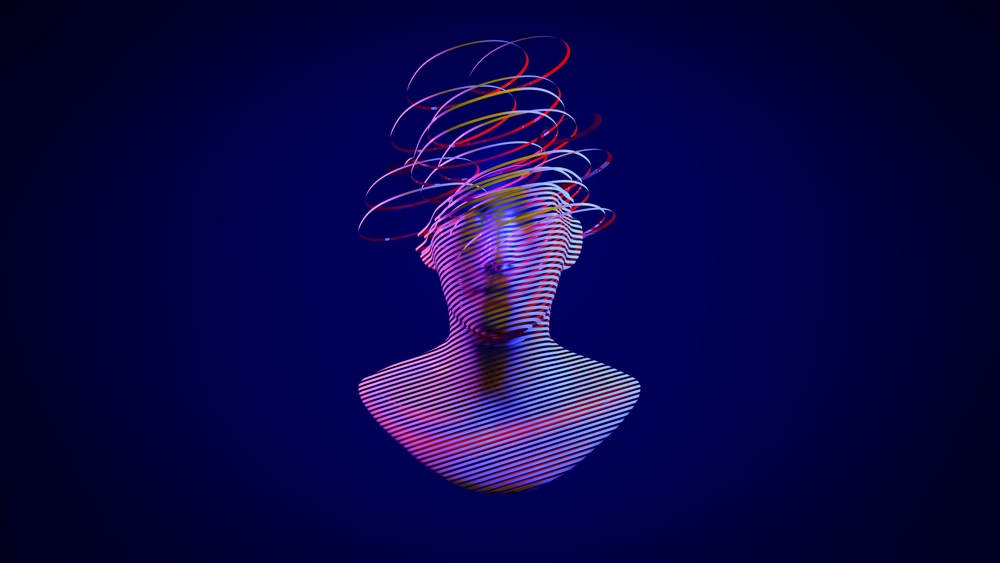In a significant move, the Vatican has unveiled a comprehensive set of AI ethics guidelines, outlining Pope Francis’ stance on the responsible and ethical use of artificial intelligence. The document, titled “Ethics in AI,” emphasizes the need for AI to serve humanity’s well-being and promote the common good. It covers various aspects, from transparency and accountability to safeguarding privacy and ensuring the preservation of human dignity.

Promoting the Common Good through AI
The Vatican’s release reflects Pope Francis’ commitment to advancing ethical considerations in the rapidly evolving field of AI technology. The guidelines highlight the importance of AI systems contributing to the common good and promoting human flourishing. It emphasizes the necessity of aligning AI advancements with the principles of human dignity, solidarity, and social justice.
Transparency and Accountability in AI Development
To foster trust and ensure responsible AI implementation, the Vatican’s guidelines stress the significance of transparency and accountability. They call for AI systems to be developed with clear objectives and openly communicate their limitations. Furthermore, the guidelines underscore the importance of avoiding bias and discrimination in AI algorithms, as well as establishing mechanisms for accountability and redress in case of harm caused by AI systems.
Safeguarding Privacy and Protecting Vulnerable Populations
Recognizing the potential risks associated with AI technology, the Vatican emphasizes the need to safeguard privacy and protect vulnerable populations. The guidelines advocate for responsible data collection, storage, and usage, ensuring the protection of individuals’ personal information. Additionally, the document addresses concerns regarding the impact of AI on employment, highlighting the importance of creating inclusive societies that prioritize the well-being of all.
Ethical AI for the Benefit of Humanity
The Vatican’s release promotes the development of AI technology that contributes positively to humanity. It encourages interdisciplinary collaboration and calls on scientists, engineers, and policymakers to work together in designing AI systems that prioritize ethical principles. The guidelines also emphasize the role of education in fostering a better understanding of AI ethics among society, preparing individuals to make informed decisions about the responsible use of AI.
With the release of the “Ethics in AI” guidelines, Pope Francis and the Vatican demonstrate their commitment to shaping the development of AI technology for the benefit of humanity, concludes NIXsolutions. By promoting transparency, accountability, privacy, and the protection of vulnerable populations, the Vatican aims to ensure that AI is harnessed responsibly and in accordance with the principles of human dignity and the common good. It serves as a call to action for stakeholders across various domains to prioritize ethical considerations and work together to build an AI-driven future that fosters social justice and well-being for all.
